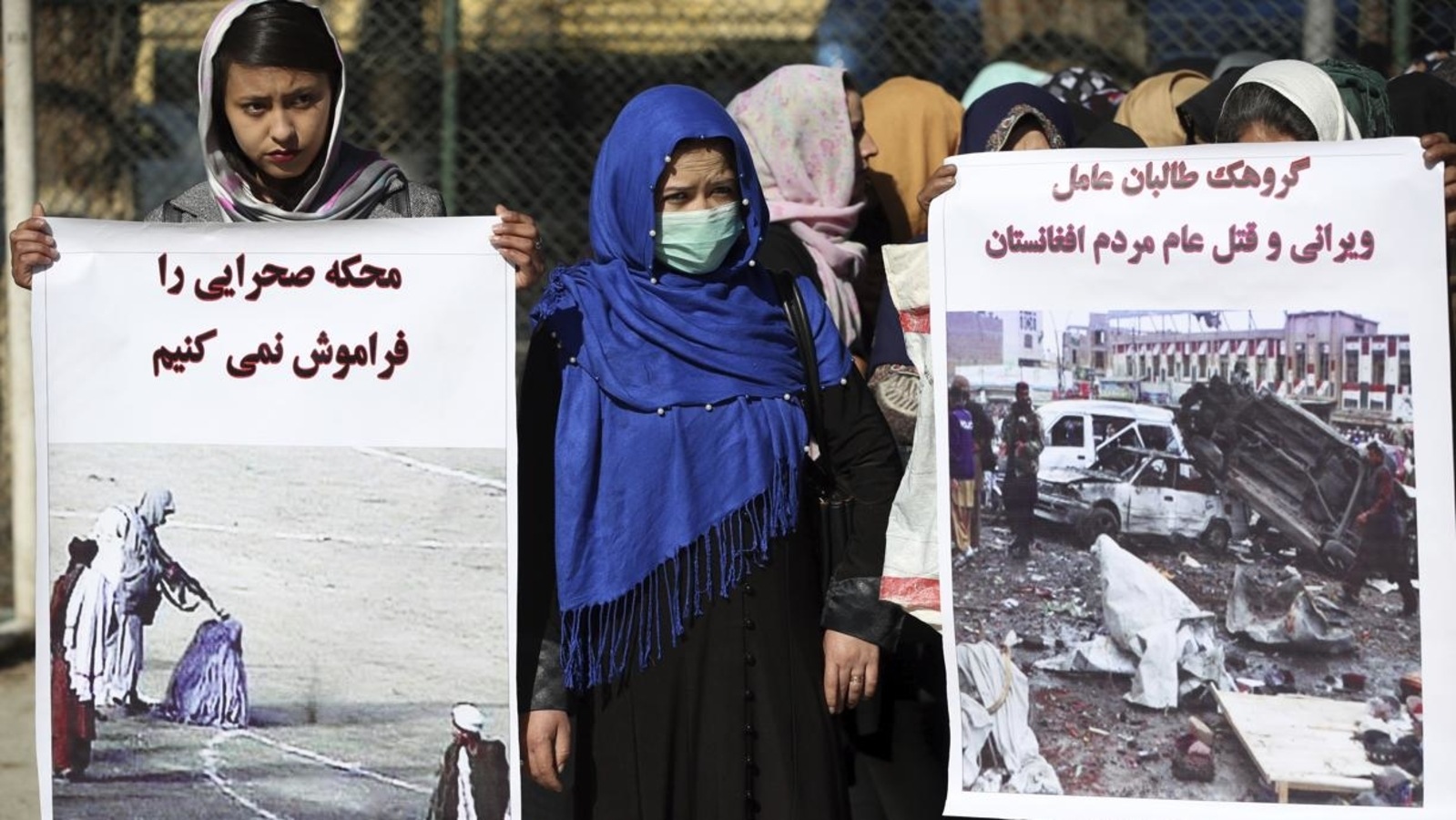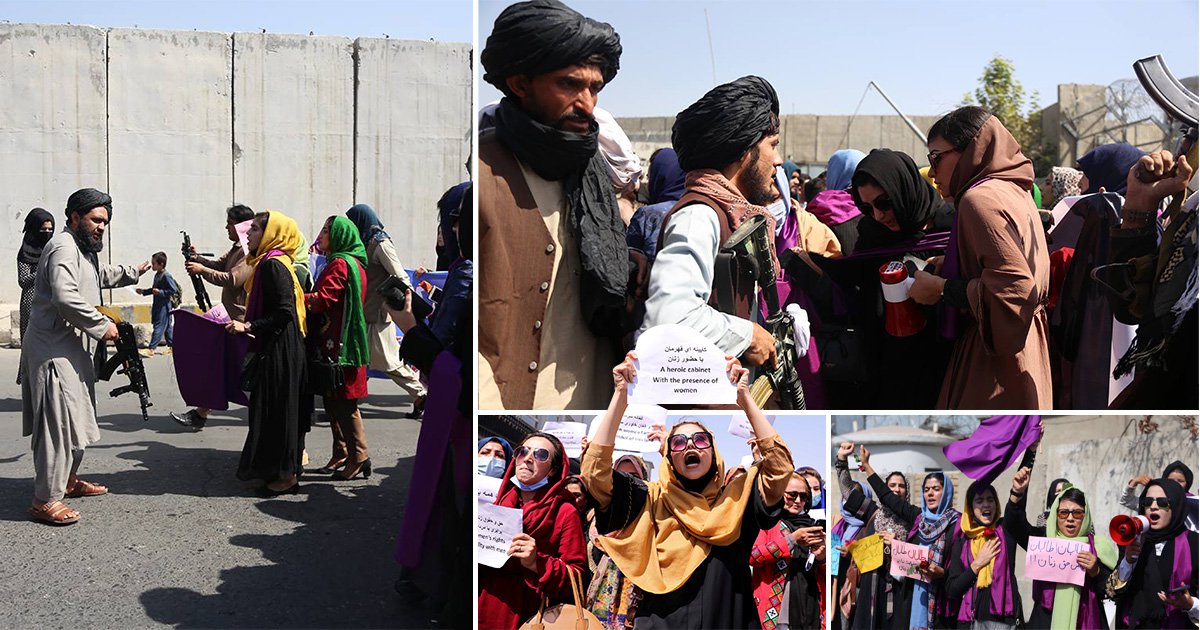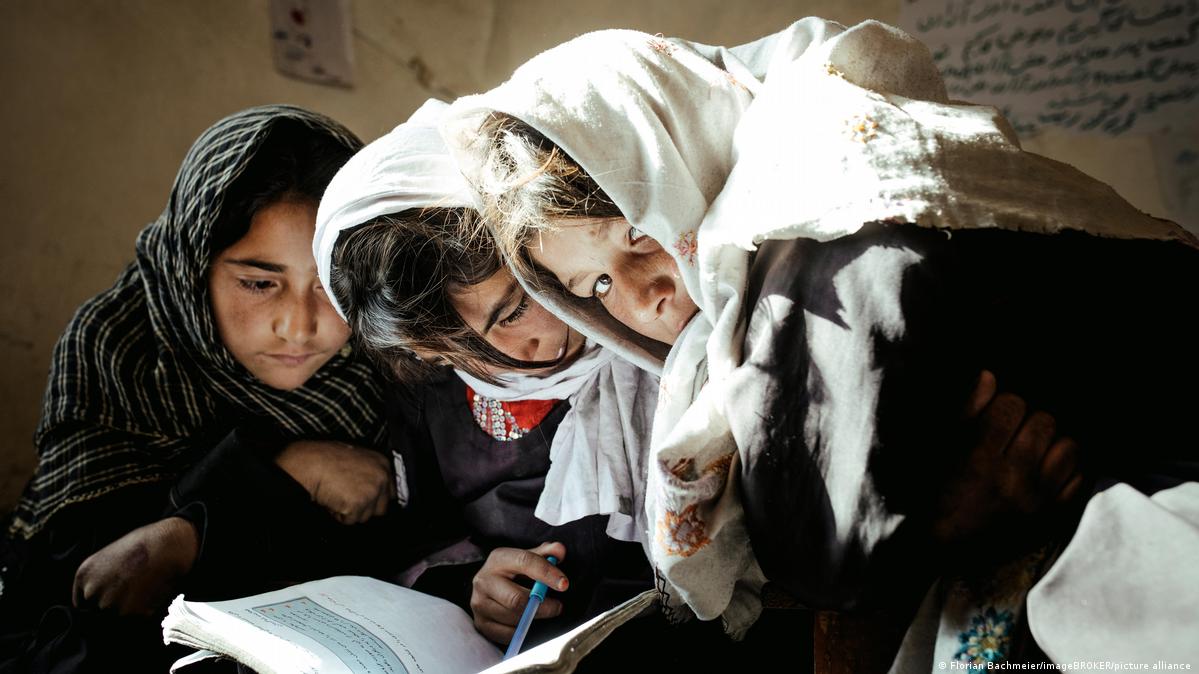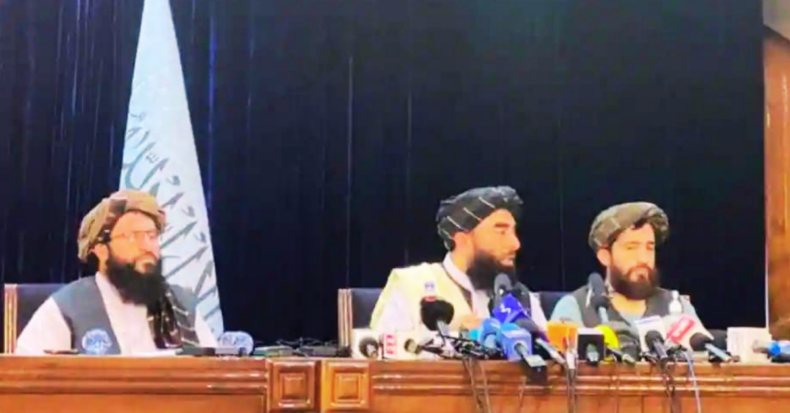The Taliban has vowed to protect women’s rights and assured media workers their freedom in a news conference on Tuesday as a publicity blitz after the group annexed Afghanistan.
In the Taliban’s first media appearance, they claimed to not let Afghanistan fall as a haven for terrorists while reassuring the world powers and its terrified public.
Focusing on “within the framework of Islam”, Zabihullah Mujahid, Taliban’s spokesperson, said that women would be allowed to go to work and study in a prominent framework while giving no clue on other rules and restrictions.

Many cities have fallen to the Taliban in Afghanistan without resistance in the past couple of days. The Taliban has sought to portray themselves as “moderate” than Afghans’ rule in the late 1990s.
Mujahid doubled down on the group’s efforts to create a picture of relatively calm and changed governance while assuring the sceptical world powers of the begone brutality.
Enamullah Samangani, a member of the Taliban’s cultural commission, encouraged women to join the government, promising amnesty.
What would women’s rights look like under the Taliban
When the world is harrowing over women’s freedom under the Taliban, Zabihullah Mujahid said, “Women are going to be very active within our society.” Back in the day, the militant group controlled Afghans through severe punishments for not abiding by the strict interpretation of Sharia, Islam’s legal system.
Mujahid has seen fielding questions on what women’s rights would look like under the Taliban in the presence of international media.
Older generations are still fearful, and they cannot erase the scenes of public executions, women confined to their homes and the time when television and music were banned, it was the time when people of Afghanistan were bearing the Taliban’s ultra-conservative Islamic views before the U.S-led invasion drove them from power for nearly two-decade.
It was months after the 9/11 terror attacks by al-Qaeda, sheltered by the Taliban, that the U.S ousted the militant group from Afghanistan.

Throughout the Taliban’s rule between 1996 and 2001, women were to wear the all-covering burqa and the access to education for girls aged ten or above was implausible.
Comparing the past Mujahid, said that “there will be no discrimination against women” as he added that “they are going to work shoulder to shoulder with us.”
He claimed that the group has evolved and will not pertain to their ways 20 years ago.
Freedom to journalists under Taliban
Taliban assured the gathered journalists that it is committed to delivering freedom to the media and will protect the rights of media workers.
In another instance, Mujahid said, “We are committed to the media within our cultural frameworks. Private media can continue to be free and independent.
They can continue their activities”. Further, journalists were advised to not go against the national values, “should not work against national values”.
Taliban offers full “Amnesty” across Afghanistan
Insurgents will secure Afghanistan and not seek revenge against those who worked with foreigners or under the previous government, said the Taliban’s spokesperson.
He also told the press that the group does not plan retaliatory attacks, and the Taliban have offered full amnesty to Afghans, adding, “nobody will go to their doors to ask why they helped.” The Taliban indicated that they know who has cooperated with the U.S. and its allies.

When it comes to women who do not choose to leave their homeland, they passively accept the situation and terms of the Taliban.
An Afghan woman said, “As long as my right to study and work is protected, I don’t mind wearing a hijab.
I live in an Islamic country, and I’m willing to accept the Islamic dress code – as long as it’s not a burqa though because that’s not an Islamic dress code.”
While the state of fear persists throughout the terror-struck nation, a woman in Kabul said, “It’s a ruse, and we’re being lured outside to be punished. I refuse to study or work under their laws”.
Read More: The US to utilise the $3.5 million seized Afghan fund to stabilise Afghanistan’s collapsing economy
Read More: US repeals Afghanistan’s designation as a major non-NATO ally













